Basal Cell Carcinoma: Epidemiology, Risk Factors, and Treatment Options
- Risk factors for patients at risk for developing basal cell skin cancers (BCCs) include exposure to UV solar radiation, long-term immunosuppression, exposure to ionizing radiation, and certain genetic disorders.
- Treatment modalities can be divided into surgical and nonsurgical therapies, although surgical therapy is generally the mainstay of treatment.
- Superficial therapies, such as topical imiquimod or 5-fluorouracil, photodynamic therapy, or cryotherapy, may be effective for anatomically challenging locations where surgery or radiation is contraindicated, but the cure rates of these approaches are lower compared with surgery.
- Recent FDA-approved hedgehog pathway inhibitors include vismodegib and sonidegib for patients who have exhausted surgical and radiation options for treating advanced BCC.


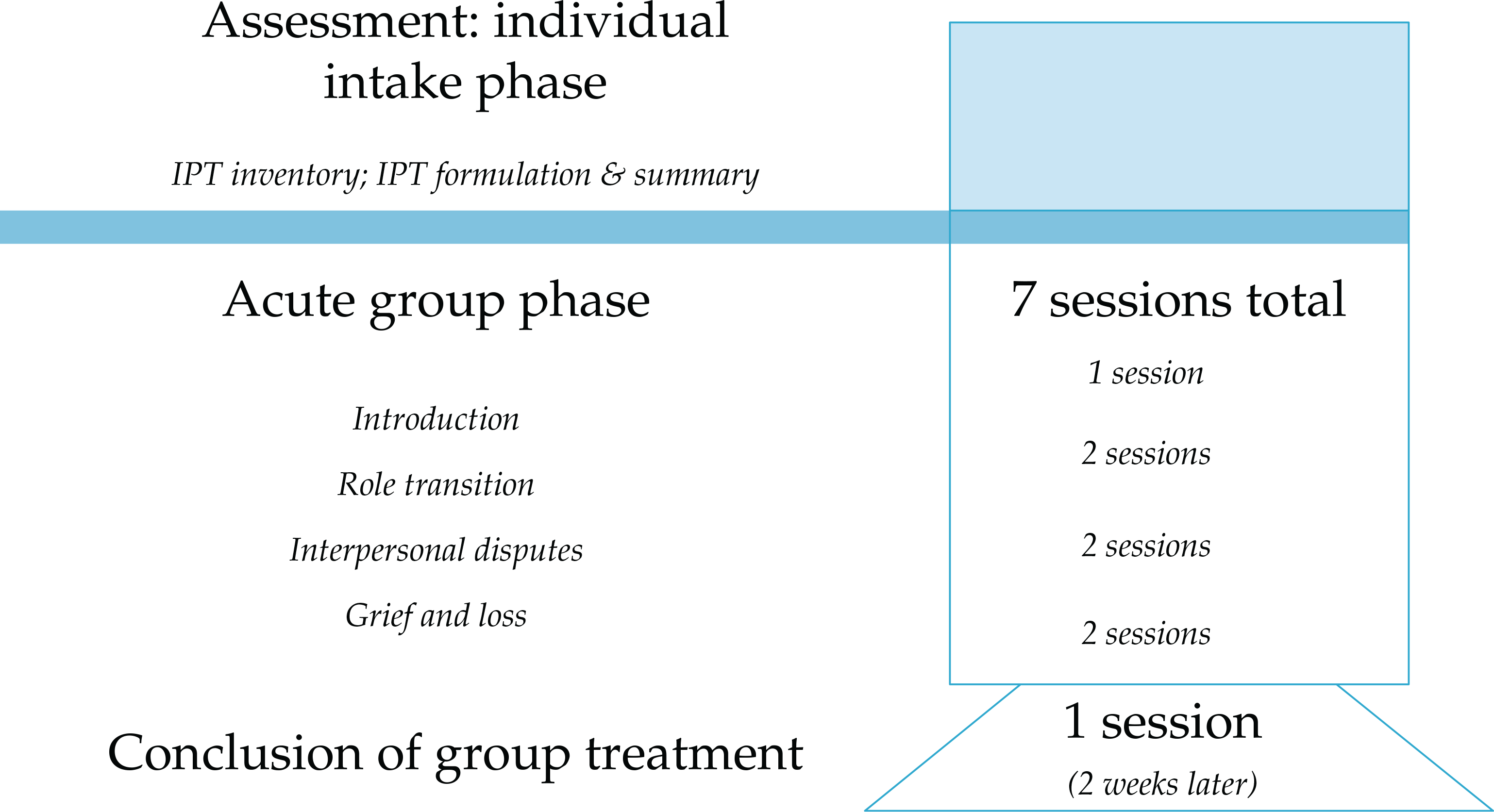
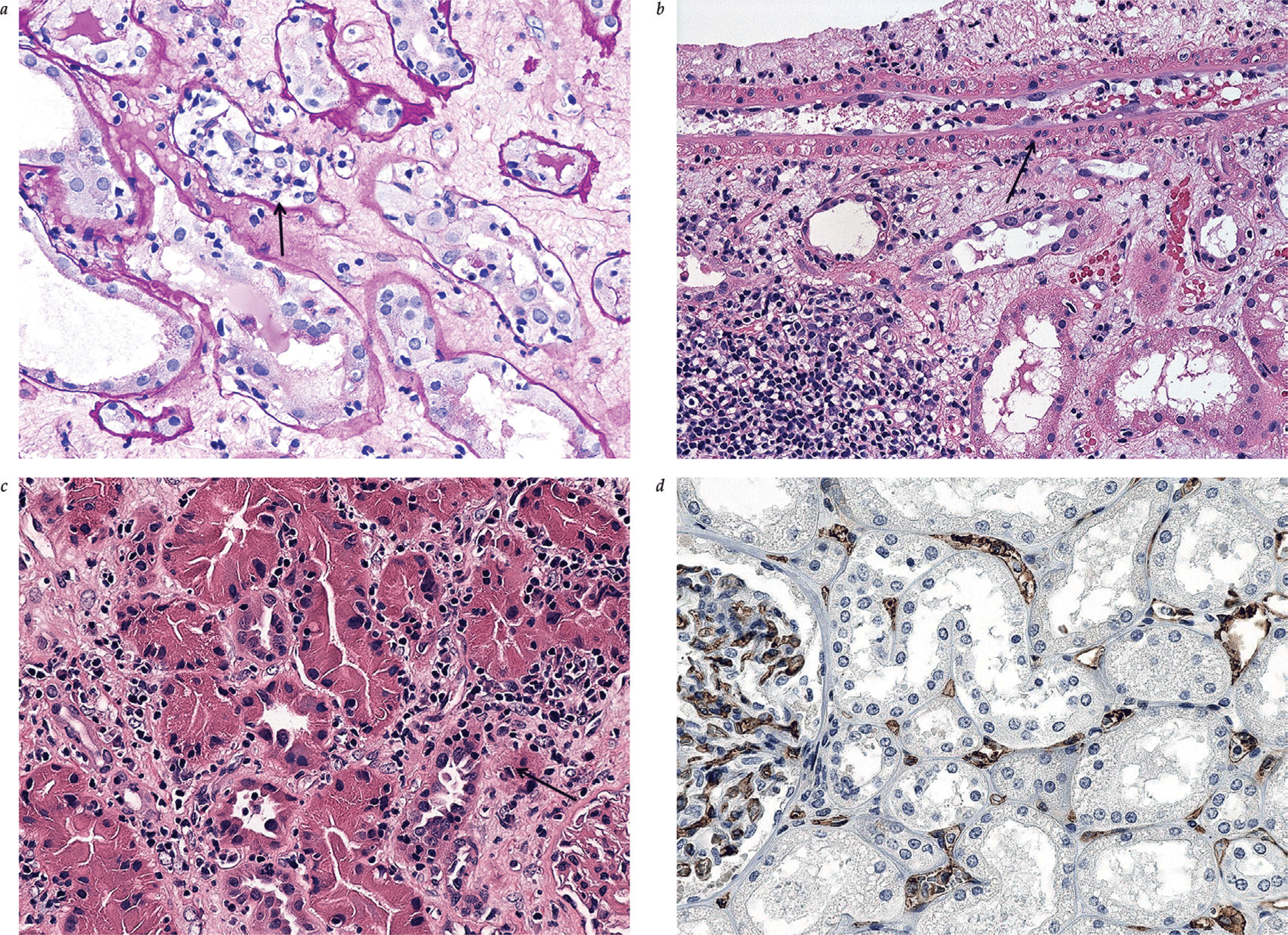
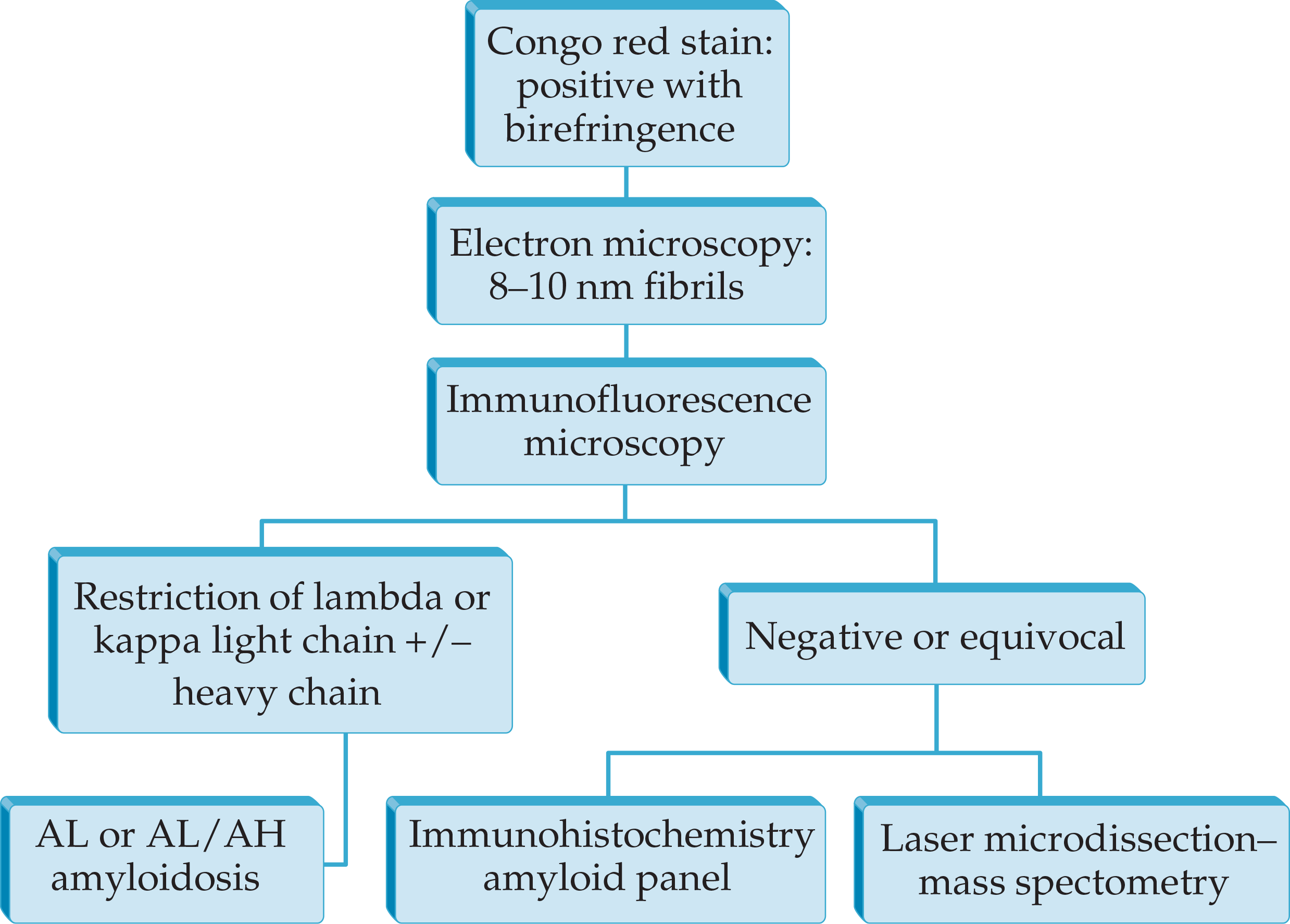
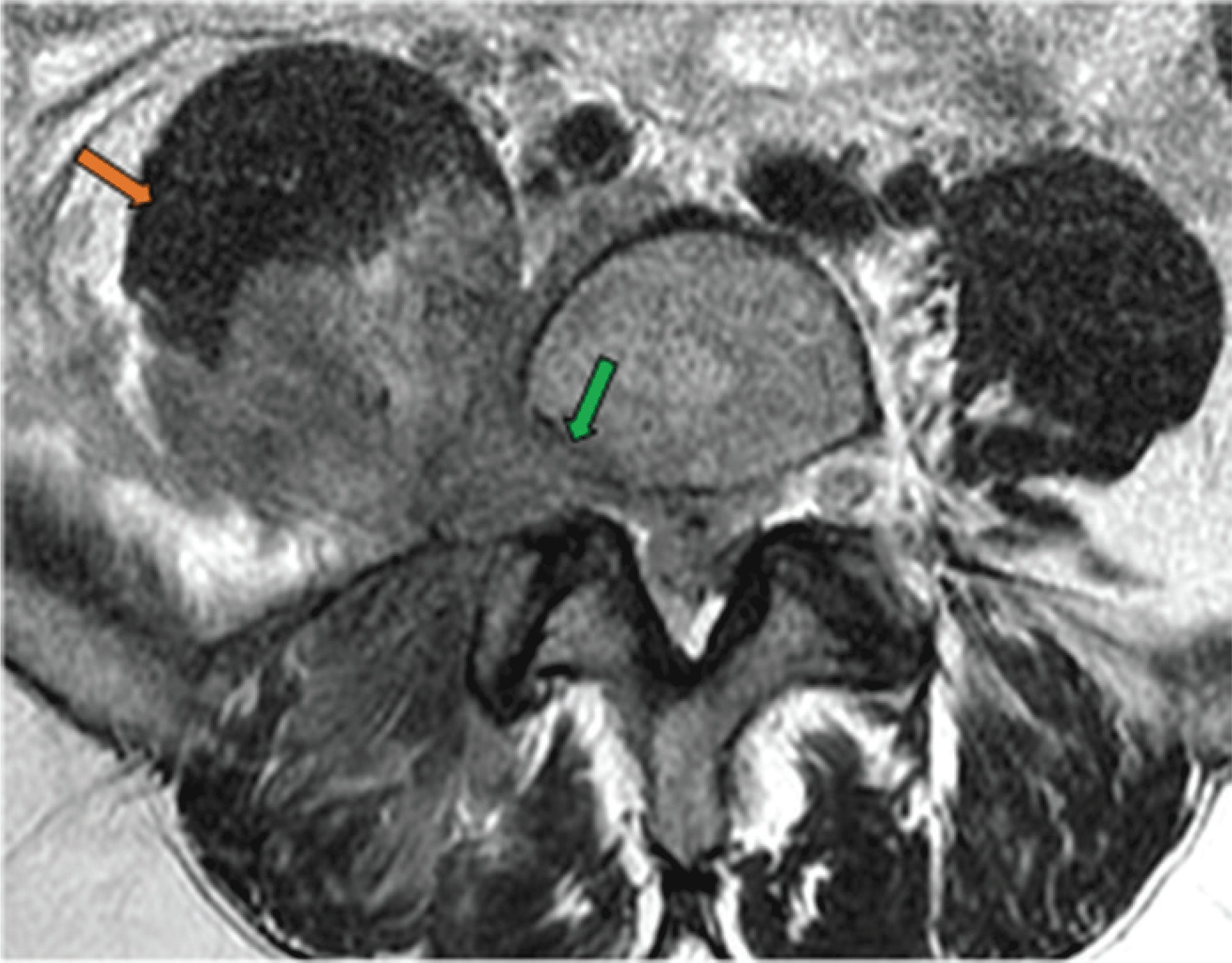
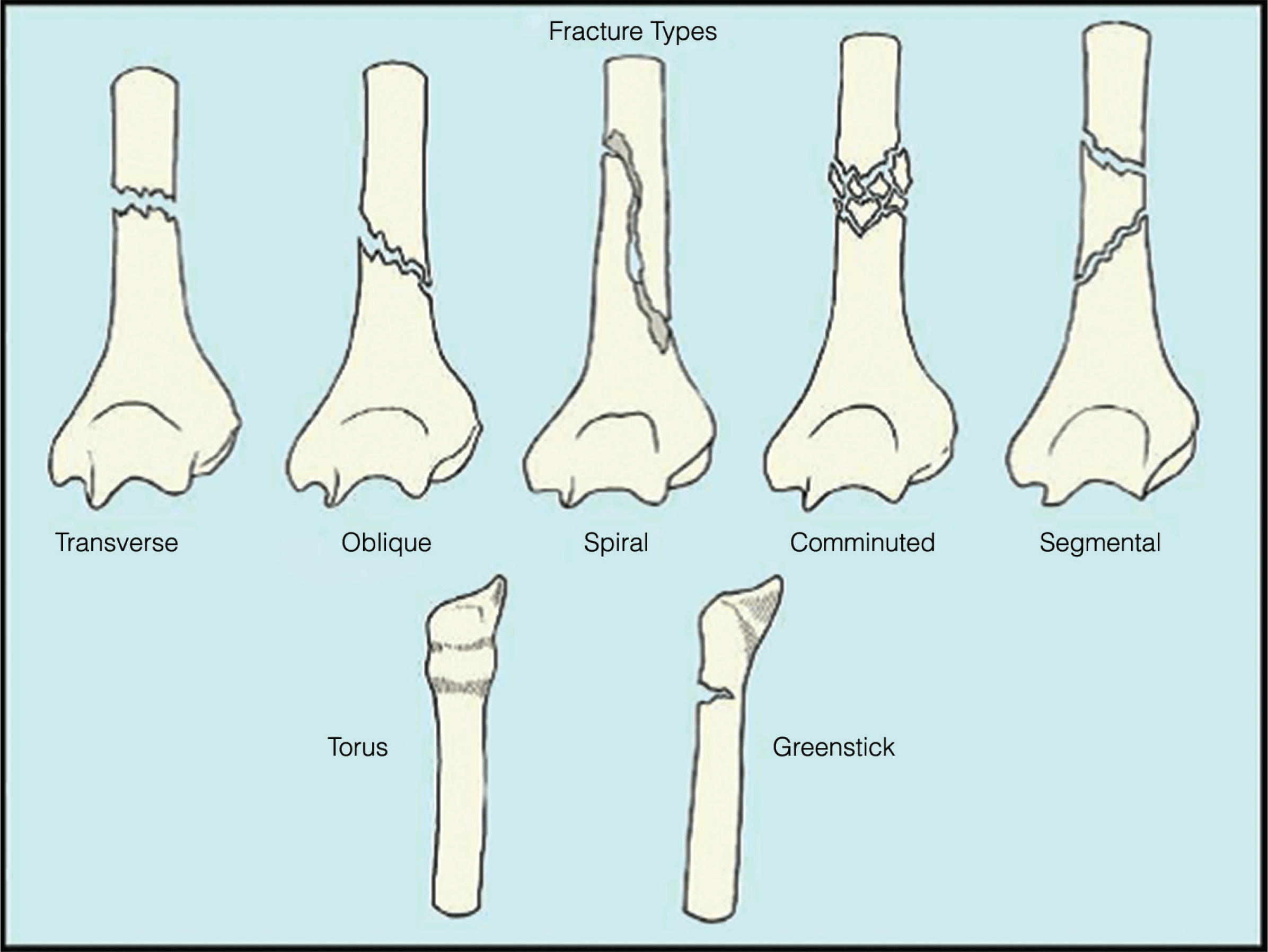


.png)







